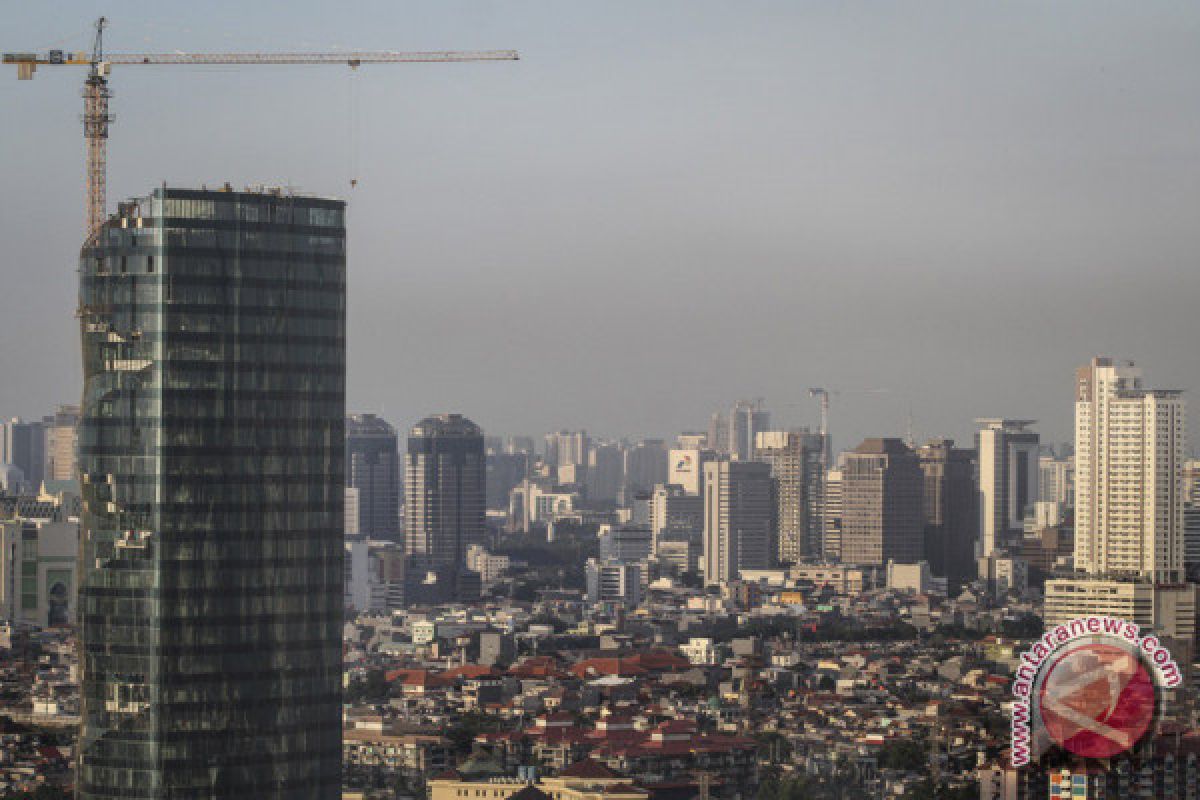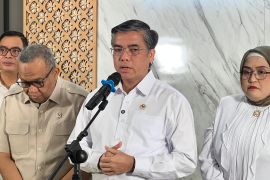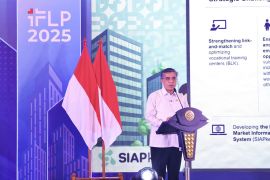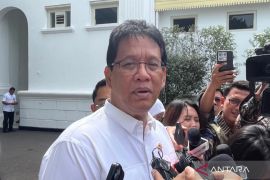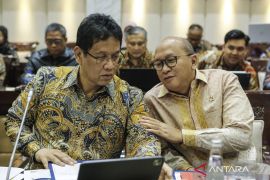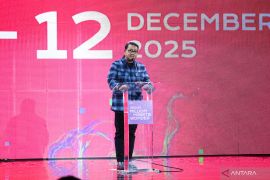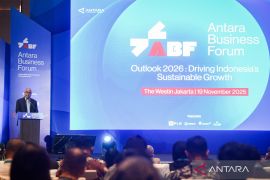The ADB released the 2018 Asian Development Outlook report on Wednesday.
"The government`s management of the Indonesian economy remains strong, while the structural reforms encourage more direct investment," ADB`s Country Director for Indonesia Winfried Wicklein stated here on Wednesday.
The sustainability of structural reforms will lead to higher and more inclusive growth for Indonesia.
He emphasized that strengthening investment had already improved the quality of Indonesia`s economic growth.
The pace of investment is expected to rise, driven by positive business sentiment from structural reforms.
On the same occasion, ADB's senior economist Priasto Aji expressed hope that investment climate reforms undertaken by the government would boost economic growth.
"In our projections, public and private investment can grow above six percent in 2018 and 2019," Aji remarked.
Indonesia`s economic growth in the first quarter of 2018 is forecast to be higher than the first quarter of 2017, backed by increasing government investment and consumption, stable private consumption, and positive export performance.
"Increasing investment has been witnessed mainly in the construction sector in line with the completion of various infrastructure projects and the primary sector, with growing external demand," Executive Director of the BI Communication Department Agusman had earlier noted.
He remarked that stable private consumption is backed by maintained public purchasing power and increasing spending in connection with the upcoming local elections. Furthermore, increasing social assistance and village fund disbursements have buoyed government consumption.
On the external front, the ongoing global economic recovery will maintain exports in the positive territory.
Congruent with rising exports, imports are also predicted to increase for investment and export purposes, with a high import content. Consequently, Indonesia`s economy is projected to grow in the 5.1-5.5 percent yoy range in 2018.
As of February 2018, Indonesia`s trade balance had recorded a deficit, as the national economy had accelerated.
The trade deficit stood at US$0.12 billion in February 2018, down from $0.76 billion a month earlier.
Cumulatively, from January to February 2018, the trade balance recorded a $0.87 billion deficit, as production activities were ramped up and investment increased on domestic economic gains, which drove non-oil and gas imports, particularly in the form of raw materials and capital goods.
Meanwhile, foreign capital income until February 2018 had reached $0.30 billion, lower than the same period last year.
Reporter: Azis Kurmala
Editor: Ade P Marboen
Copyright © ANTARA 2018
